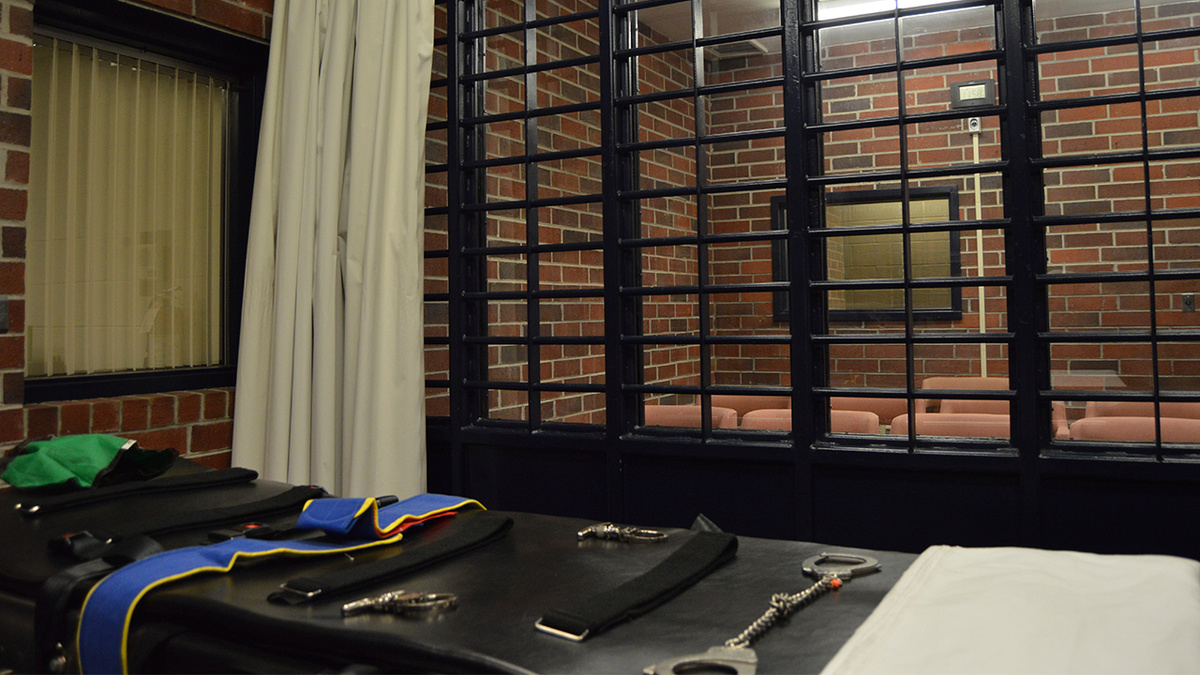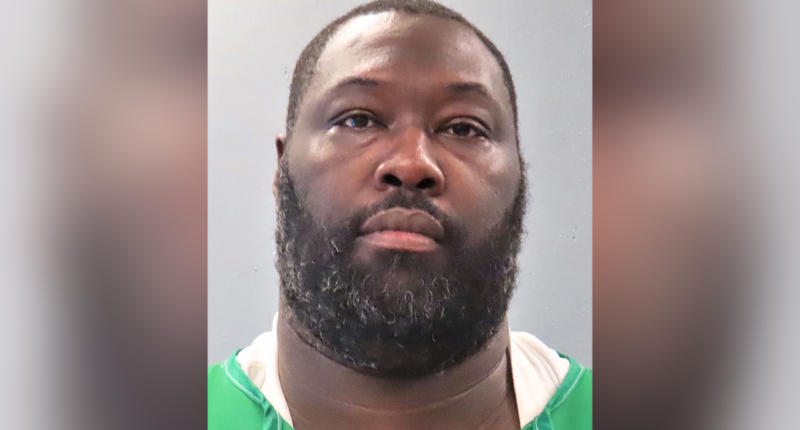In South Carolina, an inmate was put to death on Friday, marking the third execution in four months. The state has been working through a backlog of inmates who had used up all their legal avenues for appeal. This backlog was a result of the state’s previous struggles to acquire the necessary drugs for lethal injections.
Marion Bowman Jr., aged 44, faced execution through lethal injection at 6:27 p.m. He was convicted of killing his 21-year-old friend, Kandee Martin, whose body was found burned in a car trunk back in 2001.
Bowman has maintained his innocence since his arrest. He said at the beginning of his final statement: “I did not kill Kandee Martin.”
There were concerns raised by Bowman’s legal team regarding his conviction. They pointed out that his guilt was established based on the testimonies of friends and family members who had been offered plea deals by prosecutors in exchange for their statements.
In July, the state Supreme Court cleared the way to resume executions. Freddie Owens was put to death on Sept. 20 and Richard Moore was executed on Nov. 1, with both men choosing to die by lethal injection.
This was the first execution in the U.S. this year after 25 were carried out in the country last year. The court will allow an execution every five weeks until the other three inmates who have run out of appeals are put to death.
South Carolina has executed 46 inmates since the death penalty was resumed in the U.S. in 1976. In the early 2000s, the state was carrying out an average of three executions per year. Only nine states have killed more inmates.
Bowman did not ask Republican Gov. Henry McMaster for clemency, but the governor’s office still released a letter denying clemency, noting that he received informal requests and petitions to spare Bowman’s life.
No governor in the state has ever reduced a death sentence to life in prison without parole in the modern era of the death penalty.
Bowman’s lawyer, Lindsey Vann, said his client did not want to spend additional decades in prison for a crime he did not commit. He had already spent more than half his life on death row.
“After more than two decades of battling a broken system that has failed him at every turn, Marion’s decision is a powerful refusal to legitimize an unjust process that has already stolen so much of his life,” Vann said in a statement Thursday.
Bowman was convicted in Dorchester County in 2002 in connection with Martin’s death the year before. Several friends and family members testified against him as part of plea deals with prosecutors.
One friend said Bowman was upset because Martin owed him money, while a second testified that Bowman believed Martin was wearing a recording device to have him arrested.

The room where inmates are executed in Columbus, South Carolina. (South Carolina Department of Corrections via AP)
Bowman said he sold drugs to Martin, who was a friend of his for years, and sometimes she would pay with sex, but he said he did not kill her.
The final appeal from his current lawyers argued that Bowman’s trial attorney was not prepared and had too much sympathy for the white victim and not Bowman, who is black. The South Carolina Supreme Court rejected the argument.
Bowman’s lawyers also raised concerns about his execution due to his weight. An anesthesiologist said he feared South Carolina’s secret lethal injection protocols did not take into account that Bowman, listed as 389 pounds in prison records, was heavier, as it can be difficult to properly insert an IV into a blood vessel and determine the dose of the drugs needed in people with obesity.
His lawyers were concerned that the drug used to put Moore to death in November required two large doses more than 11 minutes apart.
An anesthesiologist involved in reviewing Moore’s autopsy records said they showed fluid in the lungs, leading lawyers to believe he “consciously experienced feelings of drowning and suffocation during the 23 minutes that it took to bring about his death.”
The Associated Press contributed to this report.

















